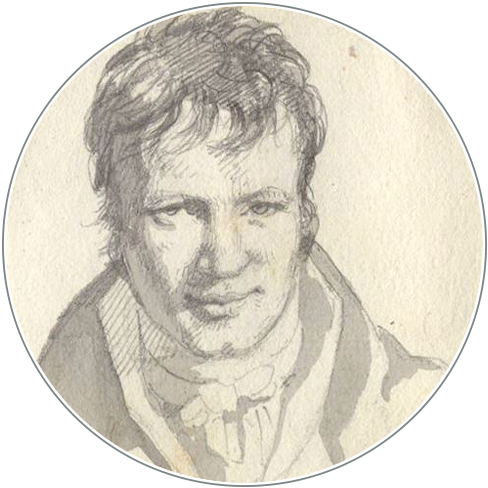„... daß einem leid tut, wie er aufgehört hat, deutsch zu sein“ - Alexander von Humboldt, Preußen und Amerika
DOI:
https://doi.org/10.18443/28Parole chiave:
1799-1804, Kosmopolit, WeltbürgerAbstract
Abstract
Within the context of the recent „Prussia Tricentennial 2001“, this paper encourages a different view of Prussia by offering a new look on the writings and activities of one of its most famous citizens, Alexander von Humboldt. Starting with the traditional (and problematic) image of Prussia focussed on the Hohenzollern and, above all, Friedrich II, it highlights the problems between Prussian and German historiography on one side, and the author of „Cosmos“ and his world-wide prestige on the other. Interestingly enough, the tensions or misunderstandings between Alexander and his home country can be dated back to the Humboldt family, i.e. to Wilhelm from Humboldt who noted, in a letter to his wife, how his brother had „stopped to be German“. Alexander von Humboldt's cosmopolitanism and the characteristic development of his scientific conceptions, building a globalized and globalizing praxis based upon a scientific network and continous comparisons in global scale, allow us to discover new dimensions in Humboldtian science and thinking as well as promising perspectives for understanding Alexander von Humboldt's role and significance for transdisciplinary science today -and a different view of Prussia and cultural identity in Europe beyond the well-known stereotypes.
Downloads
Pubblicato
Come citare
Fascicolo
Sezione
Licenza
Copyright (c) 2002 Ottmar Ette

Questo lavoro è fornito con la licenza Creative Commons Attribuzione - Non commerciale 4.0 Internazionale.
Die Rechte der eingesandten Artikel bleiben bei den Autoren und werden unter einer Creative Commons-Lizenz (CC BY-NC 4.0) veröffentlicht. Alle bei HiN publizierenden Autorinnen und Autoren akzeptieren dieses Lizenzmodell.
Die Autorinnen und Autoren tragen die Verantwortung für das Einwerben der Bildrechte.
Die Rechte am Layout und Design der Zeitschrift sind nicht übertragbar und können nicht ohne vorherige Zustimmung von HiN in anderen Publikationen weiterverwendet werden.









